Euler's Pioneering Equation: The most beautiful theorem in mathematics
Autor Robin Wilsonen Limba Engleză Paperback – 25 iul 2019
Preț: 61.44 lei
Preț vechi: 74.77 lei
-18% Nou
Puncte Express: 92
Preț estimativ în valută:
11.76€ • 12.69$ • 9.86£
11.76€ • 12.69$ • 9.86£
Carte disponibilă
Livrare economică 18-24 martie
Livrare express 15-21 martie pentru 28.92 lei
Preluare comenzi: 021 569.72.76
Specificații
ISBN-13: 9780198794936
ISBN-10: 0198794932
Pagini: 176
Ilustrații: 88 black and white images
Dimensiuni: 130 x 197 x 11 mm
Greutate: 0.14 kg
Editura: OUP OXFORD
Colecția OUP Oxford
Locul publicării:Oxford, United Kingdom
ISBN-10: 0198794932
Pagini: 176
Ilustrații: 88 black and white images
Dimensiuni: 130 x 197 x 11 mm
Greutate: 0.14 kg
Editura: OUP OXFORD
Colecția OUP Oxford
Locul publicării:Oxford, United Kingdom
Recenzii
As ever, Robin Wilson's prose is witty, smooth, accurate and effortlessly enjoyable and I recommend this book unreservedly as a thoroughly good read
The distinguished mathematical historian Robin Wilson does his usual masterful job of telling a wonderfully entertaining story here about Euler's equation.
Robin Wilson has produced a wonderful introduction to some of the most fundamental ideas in mathematics. I would highly recommend that you give a copy to any inquisitive young person you know.
Excellent book... very readable... superb illustrations.
The amount of information compressed in only 150 pages is amazing. This doesn't mean that it is so dense that it becomes unreadable. Quite the opposite. Because there are no long drawn-out detours, the story becomes straightforward and understandable ... I liked [this book] because it is quite broad, touching upon so many mathematical subjects, mainly in their historical context, while readability remains most enjoyable notwithstanding its conciseness.
The distinguished mathematical historian Robin Wilson does his usual masterful job of telling a wonderfully entertaining story here about Euler's equation.
Robin Wilson has produced a wonderful introduction to some of the most fundamental ideas in mathematics. I would highly recommend that you give a copy to any inquisitive young person you know.
Excellent book... very readable... superb illustrations.
The amount of information compressed in only 150 pages is amazing. This doesn't mean that it is so dense that it becomes unreadable. Quite the opposite. Because there are no long drawn-out detours, the story becomes straightforward and understandable ... I liked [this book] because it is quite broad, touching upon so many mathematical subjects, mainly in their historical context, while readability remains most enjoyable notwithstanding its conciseness.
Notă biografică
Robin Wilson is an Emeritus Professor of Pure Mathematics at the Open University, Emeritus Professor of Geometry at Gresham College, London, and a former fellow of Keble College, Oxford University. He is currently a Visiting Professor at the London School of Economics. A former President of the British Society for the History of Mathematics, he has written and edited many books on the history of mathematics, including Lewis Carroll in Numberland, and also on graph theory, including Introduction to Graph Theory and Four Colours Suffice. Involved with the popularization of mathematics and its history, he has been awarded the Mathematical Association of America's Lester Ford award and Pólya prize for his 'outstanding expository writing', and the Ralph Stanton Award for outreach activities in combinatorics. He has Erdös Number 1.
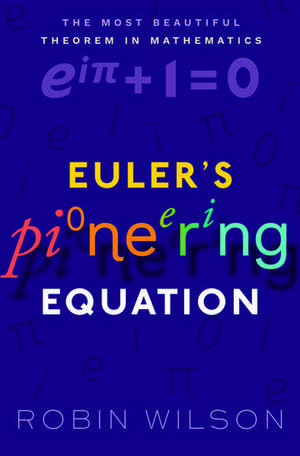


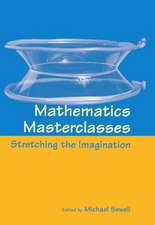
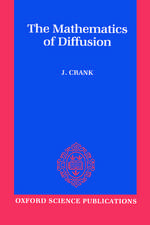
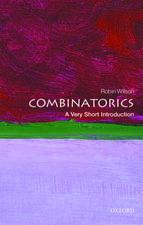
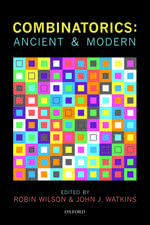
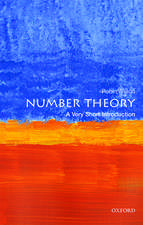
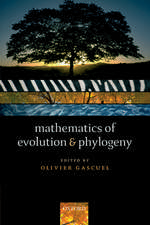
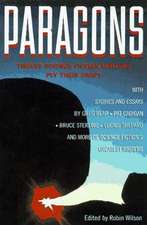

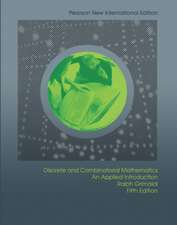
![God Is with Us - [large Print]](https://i2.books-express.ro/bt/9781501887321/god-is-with-us-large-print.jpg)

